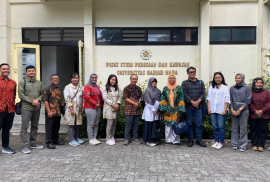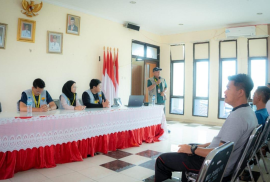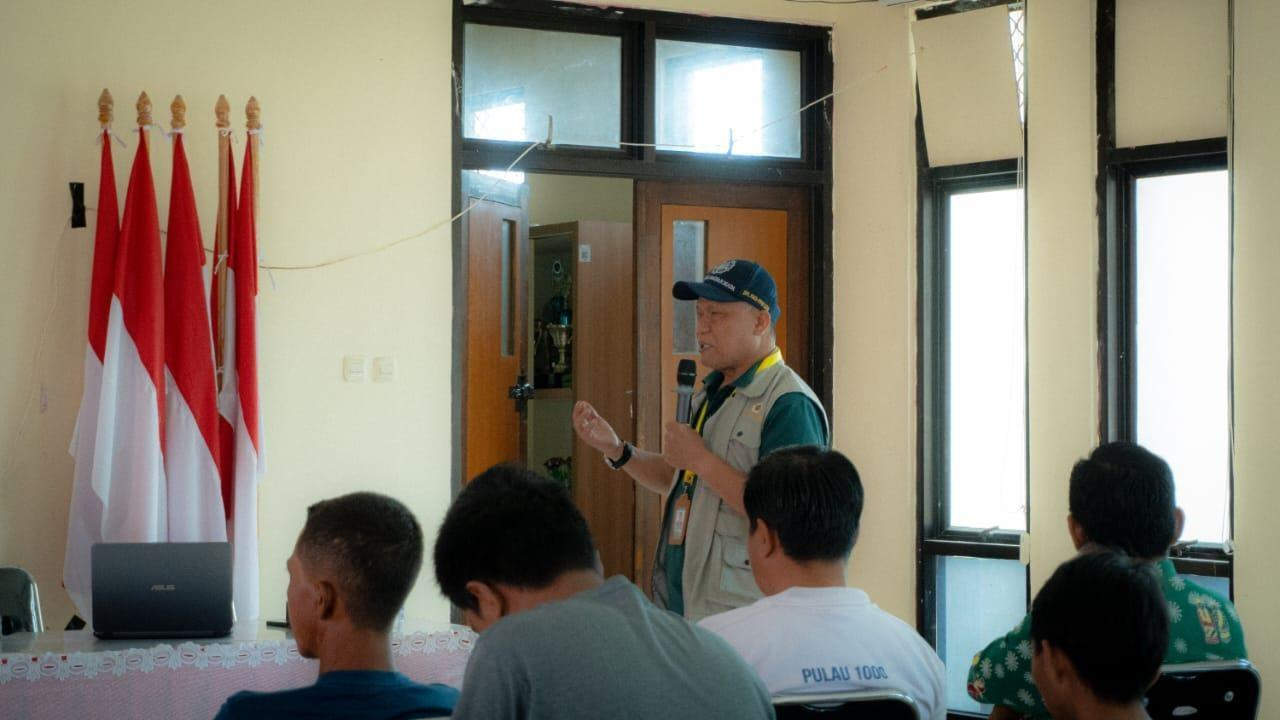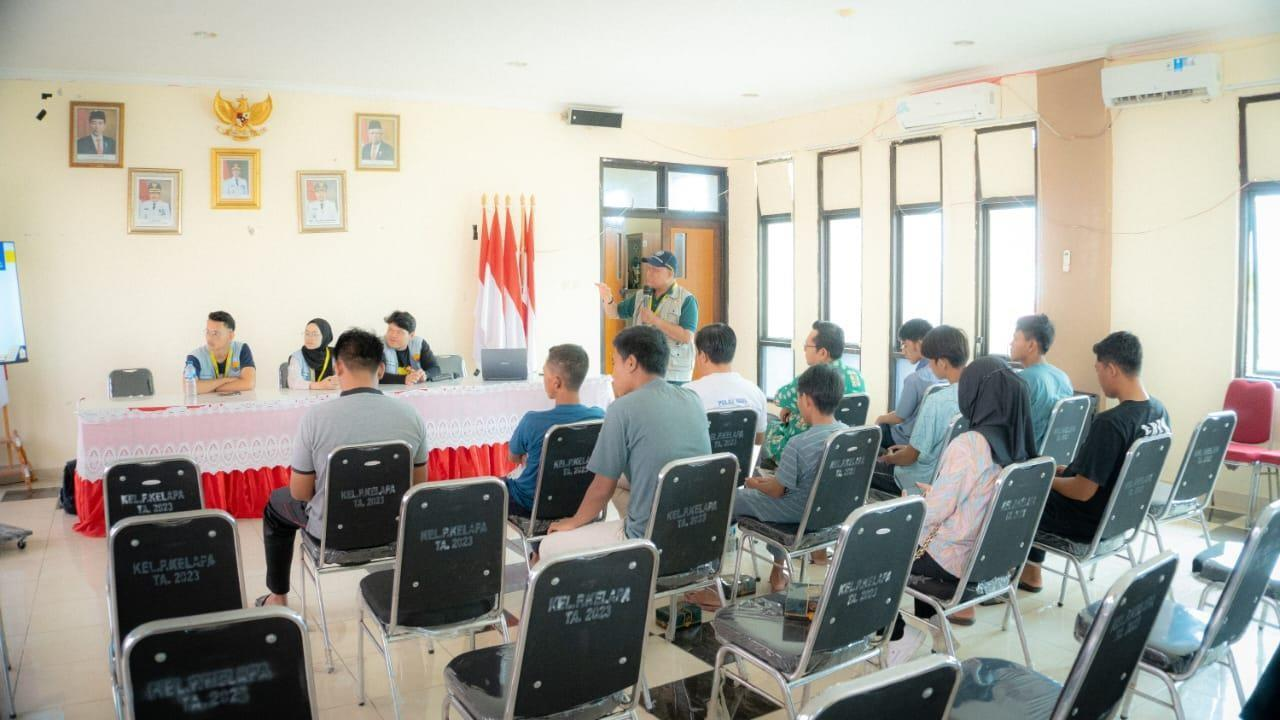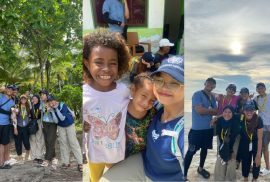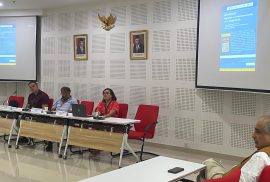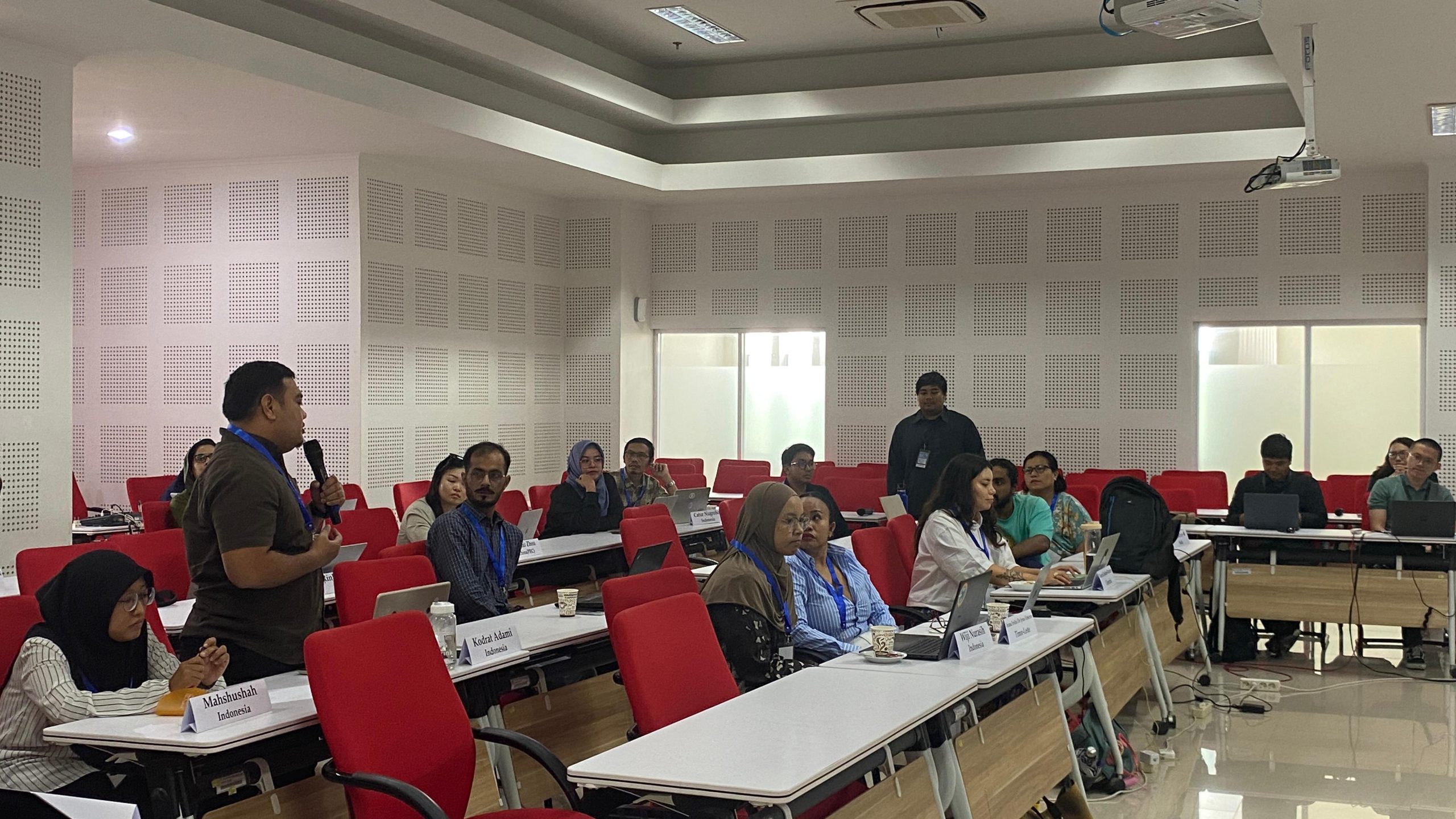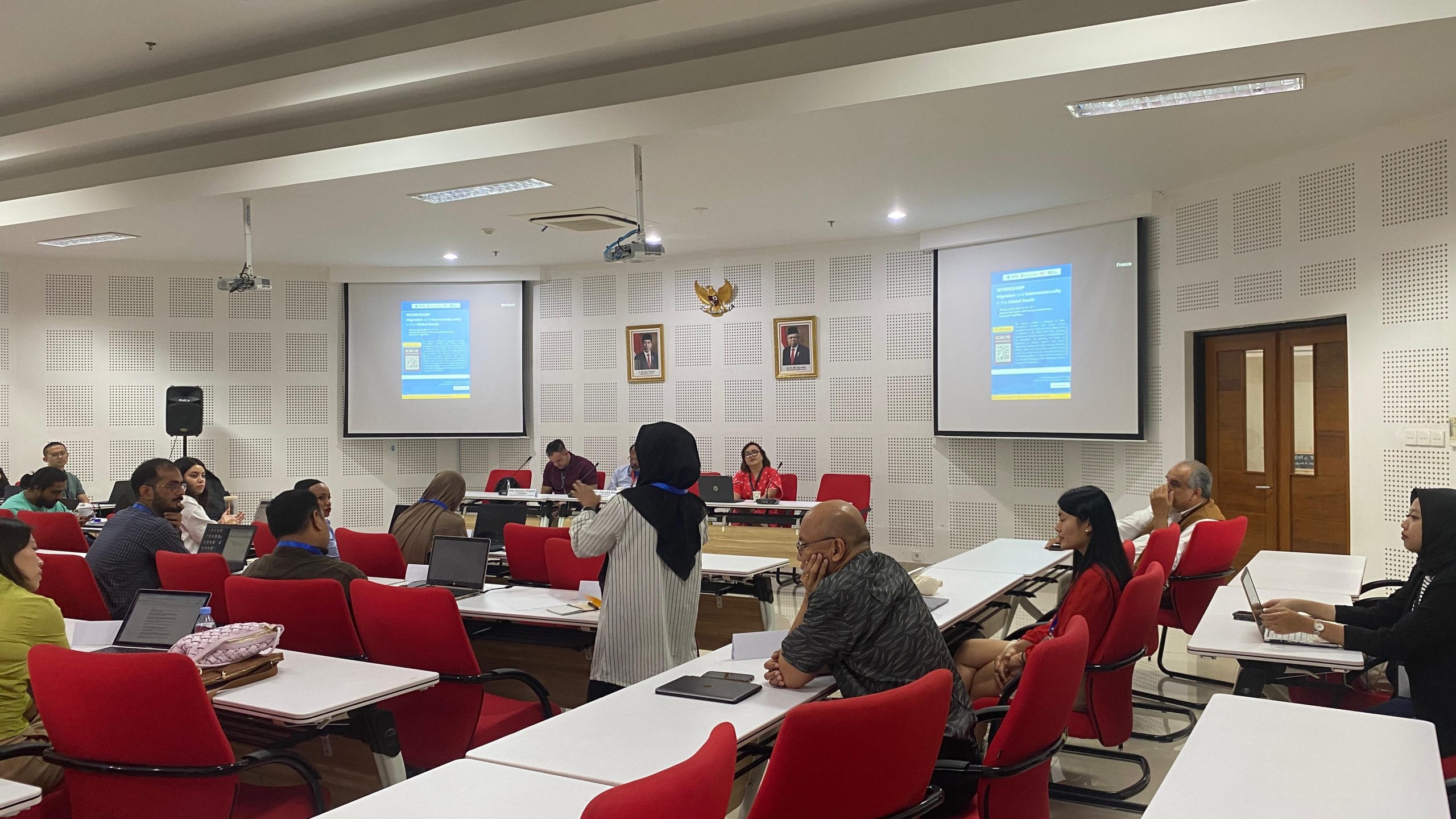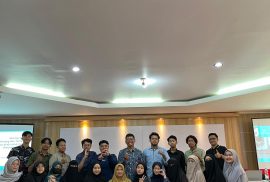Thursday, October 10, 2024, Wonosobo Regency Bappeda Team held a meeting to explore research cooperation with UGM. The exploration targeted the Center for Rural and Regional Studies (PSPK) and the Department of Anthropology UGM for research programs related to SDG 1 (no poverty) and SDG 2 (zero hunger). The Bappeda team was received by the deputy head of PSPK and the staff of the UGM Anthropology Department represented by Dr. Atik Triratnawati, M.A. and Dr. Muh. Zamzam Fauzanafi, M.A.
The research was motivated by the high stunting rate in Wonosobo Regency, which is 29.2%. This is the highest rate in Central Java. In addition, the poverty rate in Wonosobo has not moved from 15.28% and remains above the average of Central Java Province. Seeing the concerns of the local community, Bappeda tried to partner with universities and study centers to overcome the stunting and poverty problems that plagued the community. Bappeda wanted the PSPK team to go to the field to reduce the poverty rate, while the Anthropology Department was expected to send its team to reduce the stunting rate.
From various stunting and poverty data presented by Bappeda Wonosobo, UGM (PSPK and Anthropology) agreed to conduct research in the area with an estimated time around the beginning of 2025. During the meeting, the Anthropology Department also explored sending student interns (independent research) in 2025. It is hoped that with these researches, new innovations will emerge to reduce stunting and poverty so that the Wonosobo Regency area can be free from them.
Author: Dr. Atik Triratnawati, M.A.
Editor: Sandya Kirani

